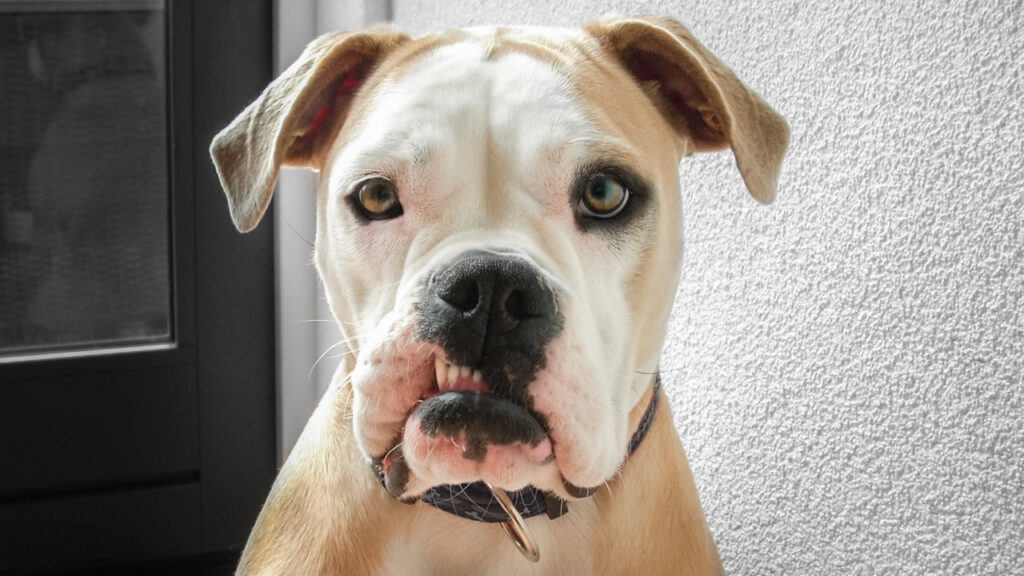Tips for your dog’s dental health

Unfortunately, tooth decay and gum disease are really common in dogs, and it’s estimated that a whopping 80% are experiencing some level of it by just three years of age.
Just as we do, dogs need daily attention to keep their mouths clean and free of odour producing bacteria and tartar. Keeping your dogs mouth healthy not only makes those close cuddles more pleasant, it is essential for optimal overall health and helps avoid the hip pocket pain with professional cleaning.
Care Tips for Your Dog’s Dental Health:
Daily tooth bushing
Tooth brushing isn’t just for humans—it’s a cornerstone of preventive dental care for our furry friends too. However, it’s crucial to start this routine early, before any dental issues arise. Remember, brushing should never be initiated if your dog’s mouth is already sore or unhealthy, as it could exacerbate discomfort. When done correctly, daily brushing with a pet-friendly toothpaste ensures optimal oral hygiene by mechanically removing plaque buildup. Make sure the brushing happens when they are nice and relaxed and that there is plenty of praise! We want this to be a great daily experience for them!
High-quality, balanced diet
A nutritious diet is the foundation of your dog’s overall health, including their dental wellness. Ensure your furry companion receives a balanced and easily digestible diet tailored to their specific needs. Quality nutrition supports strong teeth and gums, minimising the risk of dental problems down the road.
Chewing
There are many dental chews, that when chewed – help reduce the formation of plaque. It’s the usually the mechanical action of the chew against the teeth that helps, so chew time is important. If your pup tends to gulp these down without much chewing, consider alternative methods.
Water additives
Certain water additives offer an additional layer of protection for your dog’s teeth with ingredients to help protect the teeth. However, it’s essential to consult your veterinarian before introducing any additives into your pet’s water bowl. While these products can be beneficial, be mindful of potential changes in taste or appearance that may deter your dog from adequate hydration.
Regular Veterinary Checks
Routine visits to your veterinarian are an essential part of maintaining your dog’s dental health. When they are young adults, once a year may be sufficient, often a 6 monthly check is recommended. These appointments allow for early detection of any oral issues and enable timely intervention to prevent discomfort and complications. Professional cleaning is needed when tartar and gum disease are already present.
Your veterinarian can provide personalised guidance and tailor a dental care plan to suit your dog’s unique needs.
Want help? Chat with our vets
Our experienced Aussie vets are online, and available within minutes 24/7.
If you need help, don’t hesitate to start a chat.
One comment
Comments are closed.
[…] Dental Disease: Dogs and cats require daily oral care to fend off odorous bacteria and prevent tartar accumulation. Neglecting dental hygiene can pave the way for halitosis to take hold. (See tips for effective oral care strategies here.) […]